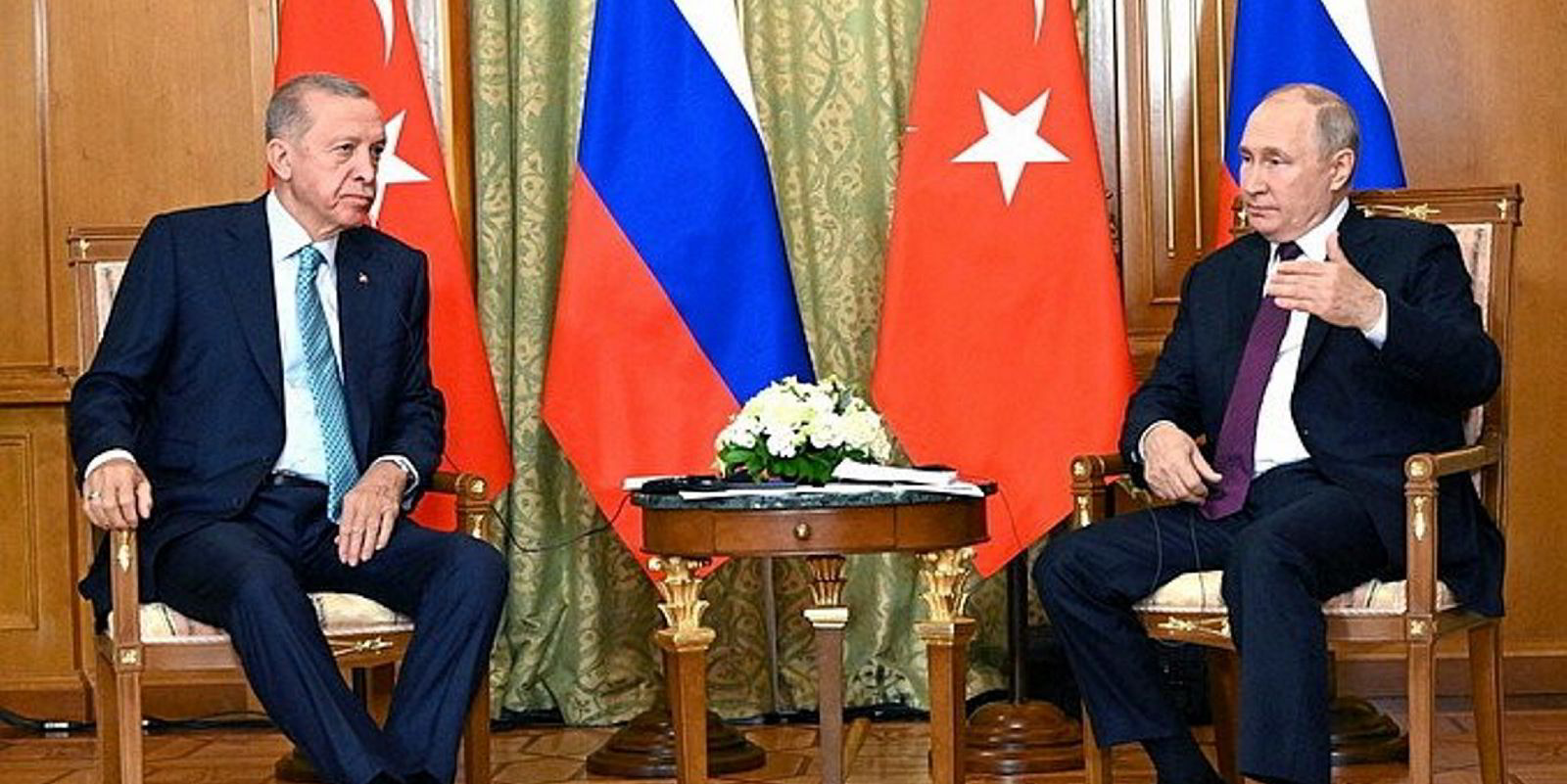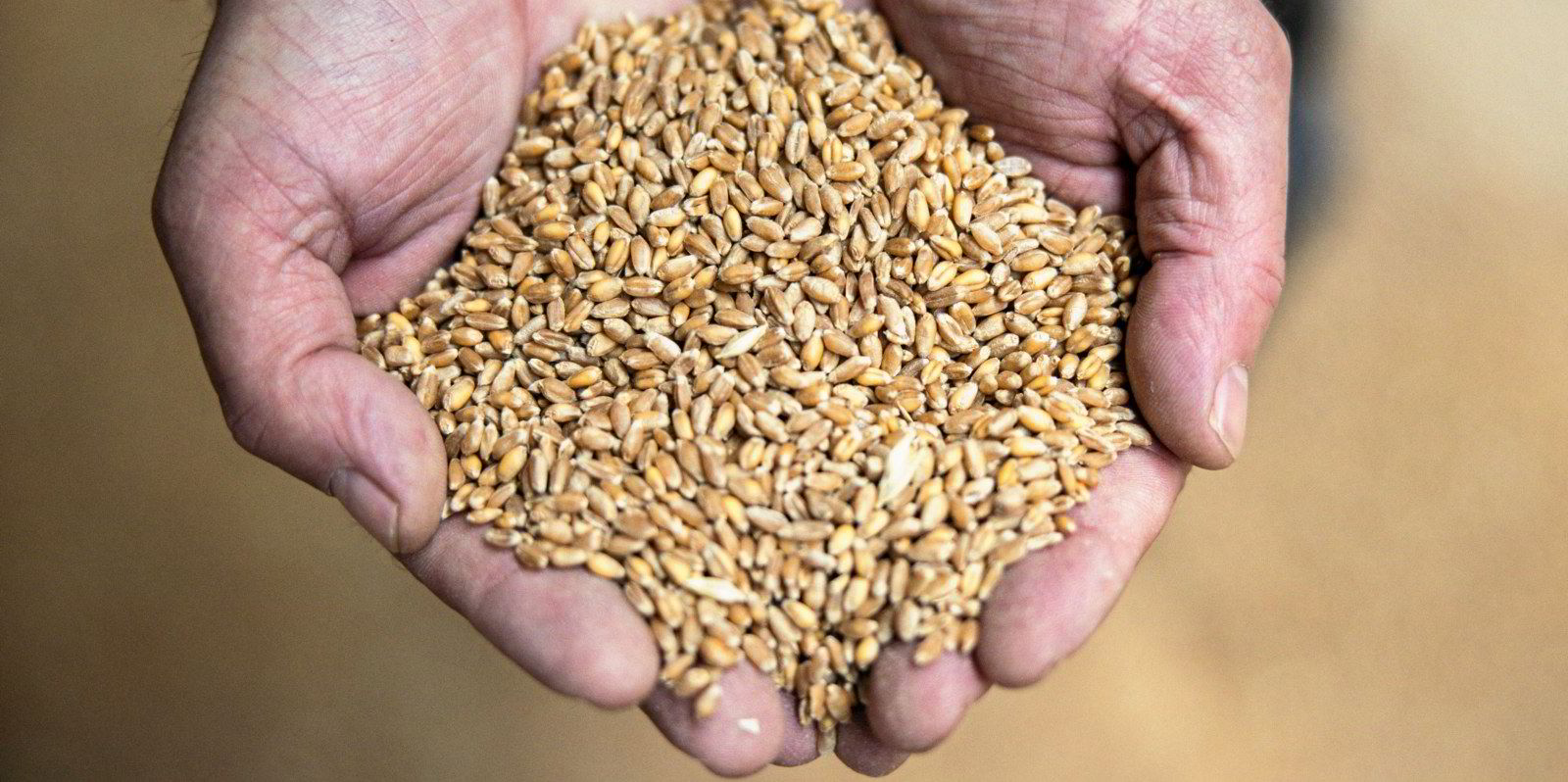The leaders of Russia and Turkey confirmed on Monday that they are exploring a possible cooperation with Qatar for the export of Russian grain.
Any such deal, however, would be tightly circumscribed to supplying a specific volume of the commodity to poor African countries, they said.
“We do not consider joint work with Turkey and, possibly, with Qatar to supply one million tons of grain as an alternative to the [UN-led] Black Sea grain deal,” Russian president Vladimir Putin said in joint press statements with Turkish counterpart Recep Tayyip Erdogan.
According to the two leaders who held talks in the Russian town of Sochi, Qatar’s role would be to provide financial support for the scheme.
Russia would be contributing about 1m tonnes of grain out of the total of 60m it estimates to have available for export this year. Turkey's milling industry is to act as a middleman, processing the Russian grain into flour for re-export to Africa.
“We are ready to cooperate in this regard, we are also ready to carry out logistical work,” Erdogan said.
As for the Black Sea Grain Initiative (BSGI), a disused UN deal under which Ukraine exported more than 30m tonnes of grains and other foodstuffs, Russia reiterated its willingness to allow it to resume — as long as Moscow’s demands are met.
“Western countries … refuse to withdraw from the sanctions of the export of our grain and fertilizers, to resume deliveries of agricultural machinery and spare parts to Russia, to remove problems with the logistics and freight of ships, banking services and insurance of food supplies,” Putin said.
Ever since Russia withdrew from the scheme on 17 July, Russian drones have been attacking Ukrainian port facilities in Odesa but also at the smaller Danube ports of Reni and Izmail.
The latest such strikes took place over the weekend, hitting fuel stores and grain facilities. Russia argues these are legitimate military targets, used by the Ukrainian forces for their fuel supplies and to build sea drones to attack Russian ships in the Black Sea.
Reviving the BSGI seems a far way off, even though Turkey is working on a new initiative to get it going again.
“In consultation with the United Nations, we have prepared a new proposals package that includes important progress,” Erdogan said.
“I believe that... in the shortest possible time we will achieve results,” he added.





